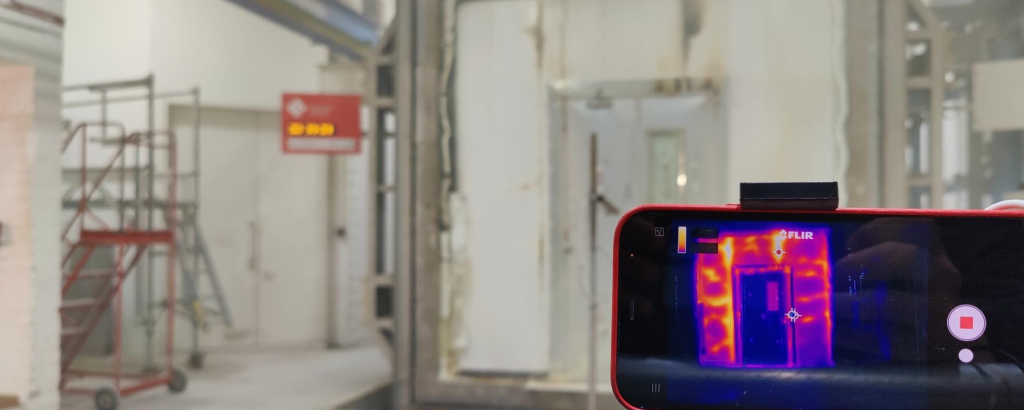Introduction ~ SOFHT Conference
0 min read

What was the SOFHT Conference, Feb 2024?
On Tuesday 27th February 2024, the Society of Food Hygiene and Technology (SOFHT) hosted a conference at the Doubletree Hilton hotel in Stoke-on-Trent. Sponsored by Christeyns and Vikan, the conference was titled, “The impact of pre-requisite programs on food safety management systems.” Attended by hygiene and technical teams from across the food industry, the event covered common non-conformances since the launch of BRCGS Version 9, offered practical solutions, and helped to raise the prominence of the hygiene and technical functions in our food factories.
Clause 4.4.8 covers doorway standards in food facilities. With this clause being the 4th most common non-conformance since the launch of Version 9, Tekta were invited to give a presentation. Presented by our Marketing & Innovation manager, Blake Drysdale, the lecture covered 3 key points:
- Making a case for proactive doorway management.
- Analysing clause 4.4.8 wording.
- 7 common doorway hygiene issues & solutions.
Miss the SOFHT presentation? Read on to find out more…
The case for Proactive Doorway Management.
Although it pains us to say this, we understand that doorways are not the top priority for the hygiene, or engineering teams in our food factories. Although the importance of doors is clear, there’s expensive production machinery to manage, maintain and clean, food production areas to keep up to standard and a whole host of other tasks that must be prioritised. In the busy whirlwind of factory life, doorways often fall to the bottom of the list.
Referring to Stephen Covey’s book, The 7 Habits of Highly Effective People, the presentation utilised the 3rd habit, “Putting first things first,” to make a point.
With this habit, Covey explains that all tasks in life can be segmented into 4 quadrants, illustrated in the diagram below:

The point made was that doorway management often falls into either Quadrant 3, or Quadrant 1.
On the first hand, Quadrant 3. The urgency of looking after doorways seems obvious, but we often misplace the importance of proactive doorway management. It’s the job of the engineering department to manage doorways on site, but it’s the job of the hygiene team to ensure that the doorways are pest proof. With more than one team involved in the management of the same assets, there’s scope for responsibilities to fall between the 2 teams.
On the other hand, doorways fall into Quadrant 1. This typically occurs at the point of a major doorway failure and results in what Covey calls, “management by crisis!” For example, one of two dispatch dock levellers collapses after years of neglect. Instantly, the bay is out of action, halving dispatch speed. It’s peak time for dispatch and the factory can’t get product out of the remaining door fast enough! Trucks are backing up outside. Product is backing up inside. On top of this, there’s a large gap where the dock leveller has collapsed, creating the perfect opening for rodents to enter the factory. At this stage, door management becomes everyone’s job! Site Directors, Management, Hygiene, Technical, Production and so on!
The point was made to encourage Engineering and Hygiene/Technical teams to work together as a multi-disciplinary team to proactively manage doorways. Companies already succeeding in this currently have responsibilities clearly laid out between the relevant stakeholders, (including site’s selected doorway contractor). The result of this is what we call “Proactive Doorway Management,” which firstly prevents the need of management by crisis. And secondly, helps to drive down the number of BRCGS doorway non-conformances.
The presentation then moved onto,
Analysing clause 4.4.8 wording.
(Follow the link to continue reading…)




